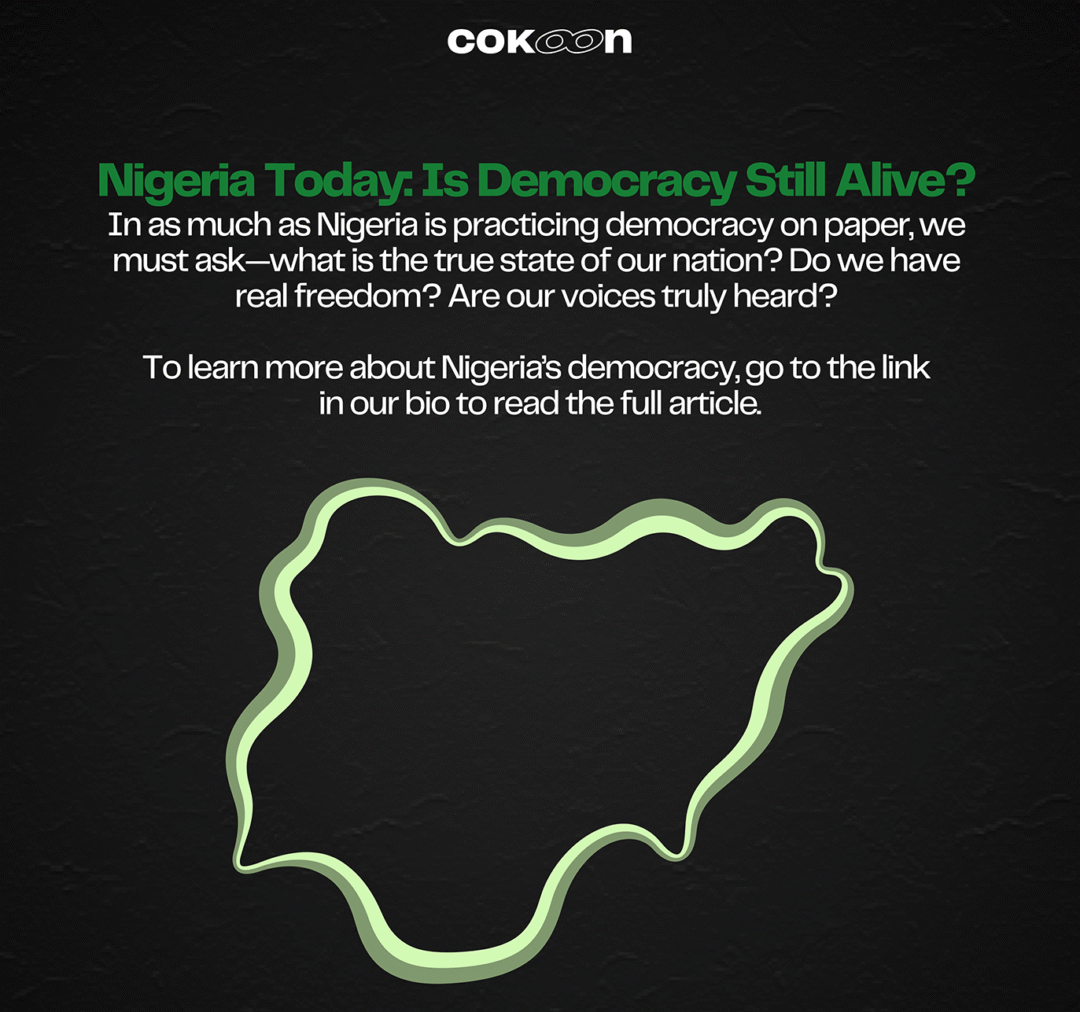For many Nigerians, democracy is more than just a system of government. It’s a journey marked by trials, progress, and the ongoing desire for freedom, representation, and justice. From independence in 1960 to landmark transitions in leadership, Nigeria’s democratic evolution has been shaped by defining moments that continue to influence its people and institutions today.
In celebration of Democracy Day, we look back at some of the key milestones that have marked our path, while also reflecting on what these moments mean in the current climate.
In 1960, Nigeria gained independence from British colonial rule. It was a pivotal turning point that sparked hope across the country. Independence was more than a transfer of power; it was a symbol of ownership and self-determination. Three years later, in 1963, Nigeria formally became a republic, removing the British monarch as head of state and swearing in Dr. Nnamdi Azikiwe as its first President. It was a clear message: the nation was ready to shape its future.
In 1979, a new constitution introduced the presidential system of government, replacing the British-style parliamentary structure. This shift aimed to create stronger checks and balances between the executive, legislature, and judiciary. Although this structure remains today, the years that followed tested the strength of these democratic institutions.
Perhaps one of the most emotionally charged moments came in 1993, during what many still regard as Nigeria’s freest and fairest election. Businessman and philanthropist MKO Abiola won the presidential vote, only for the results to be annulled by the military regime. The backlash was immediate. Protests erupted, and the move became a flashpoint in Nigeria’s ongoing struggle for true democratic rule. Abiola’s detainment and eventual death in 1998 turned him into a symbol of stolen hope and resistance.
In 1999, democracy was formally restored. The transition from military to civilian rule saw Olusegun Obasanjo elected as President, marking the start of Nigeria’s Fourth Republic. This transition renewed faith in the possibility of sustained civil governance.
Then in 2007, for the first time in the nation’s history, one civilian government peacefully handed over power to another. Though the election process was not without flaws, it marked a moment of progress. Even more significantly, in 2015, President Goodluck Jonathan conceded defeat to Muhammadu Buhari, becoming the first sitting Nigerian president to do so. It was a historic act that strengthened democratic values across the continent.
But democracy is not a destination. It’s a practice, and Nigeria’s democracy is still growing. Despite constitutional structures and periodic elections, challenges persist: voter apathy, political violence, suppression of dissent, and distrust in institutions. These issues make it clear that while we have the framework, the foundation needs constant reinforcement.
Still, one of the most encouraging signs in recent years has been the rise of civic participation. Social movements, digital advocacy, and youth-led campaigns like #EndSARS have shown that Nigerians are not willing to stay silent. They are demanding better, pushing for accountability, and redefining the relationship between citizens and power.
As we commemorate Democracy Day, we are reminded that our collective future depends on active participation, honest reflection, and the courage to ask difficult questions. What kind of Nigeria do we want to build? And how do we ensure that democracy serves everyone, not just a few?
The journey continues.

